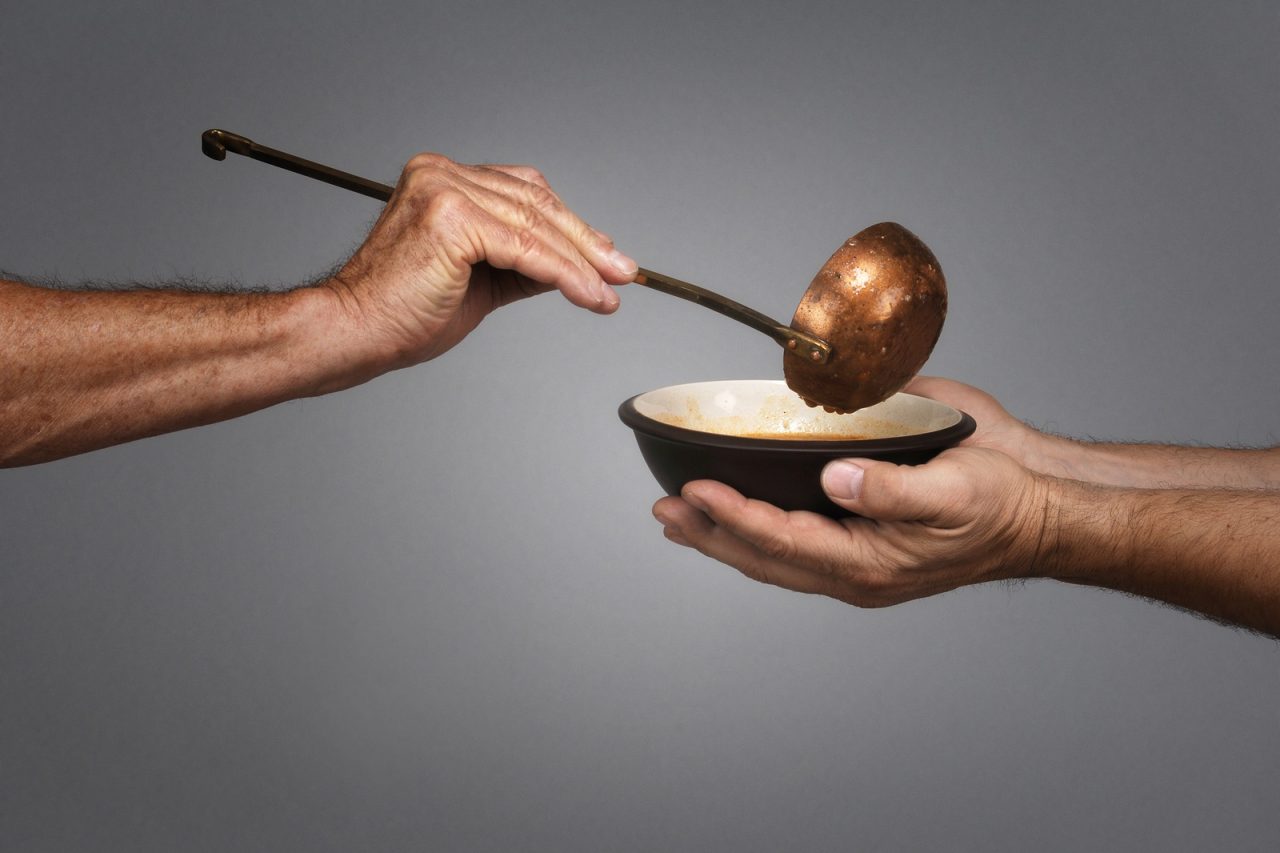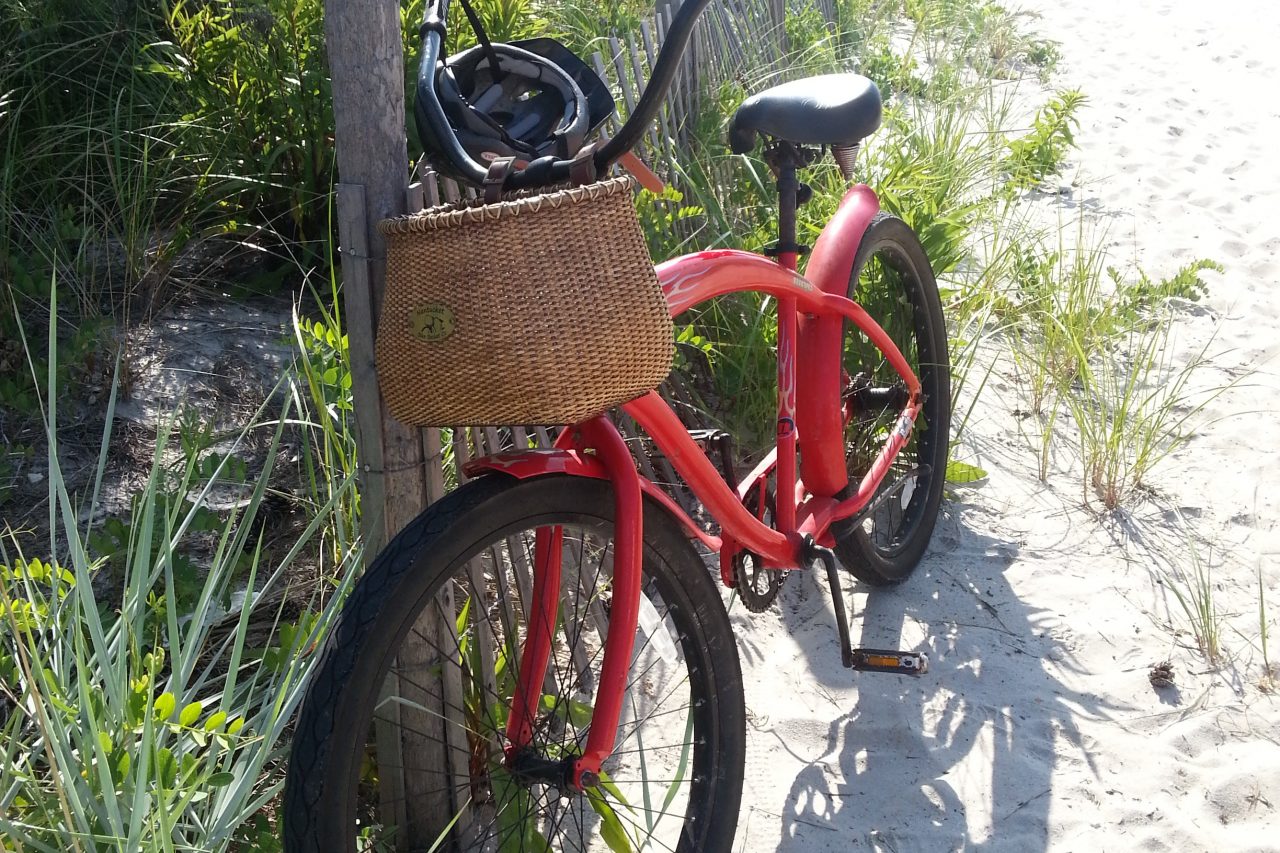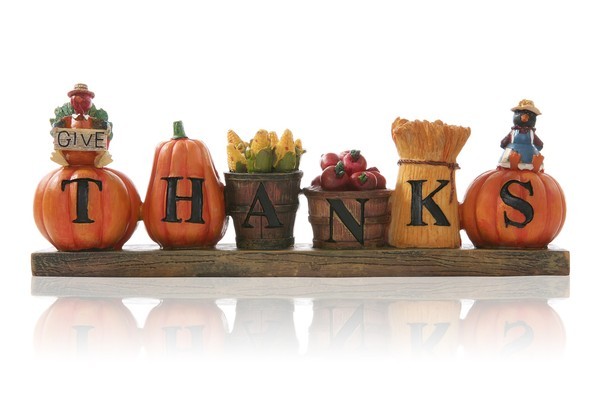A baby’s smile reflects the purity in their heart. An infant’s world is a marvelous place of possibility and love. Children see themselves as special, capable, even omnipotent. Time teaches failure, loss, and mortality. How much we lose of that original perfection, that first excitement, that natural confidence, determines how we face the challenges and tragedies of life; whether we will be happy. It may even determine how we cope with the infinite loss of dying.
As adults, we know life is limited, that we will die; still we pass each day in a state of denial. As long as our bodies are without grave pain, as long as the maladies from which we suffer heal, as long as chronic problems can be controlled, we live without constant awareness of death.
However, eventually, that will change. Something happens which cannot be fixed; a failure in our body to stain forever that denial. Cancer patients know that the fear of relapse sits always in the back of the mind. It seems to me how we cope with the harshest of realities reflects the person we became, back in childhood.
There is a great range in how patients adjust to illness. Some are able to understand and confront their disease, to adjust to limited time, to plan and continue to live without devastating anxiety. It is not that they welcome loss, but they find balance. They rely on family, laughter, art, discovery and dreams to get by; they may still experience joy.
At the other extreme are patients who cannot handle even basic news about their disease. They shut out discussions about diagnosis, treatment and, certainly, prognosis. They live day-to-day through suppression of life-threatening reality. They do not seek appropriate care, or at least not until it is too late. Even then, they cannot comply with medical treatment or goals.
Most of us are in between. One day, perhaps when we are visiting our grandchildren, we are hopeful, positive and can enjoy life with laughter. Another, perhaps when we have received bad news from the oncologist, or maybe just have an upcoming appointment, we are emotionally overwhelmed and can not sleep, focus or function. Real people reflect life … they change a little with each moment, each day.
Many factors determine how we will cope with the end-of-our-lives. They include personal factors such as age, disease, education, and life experience. They include family support, the quality of relationships, the presence of guilt and the simple geography of where we live. They include societal issues, such as finance, availability of quality care, spiritual foundation and community stability.
Nonetheless, it seems to me that one of the most critical factors is the base on which we are built, how we are raised.
If a child spends her first years in an environment where she is supported and which seems stable and loving, she will learn to feel that the world is stable and loving, even when it is not. She will have a core belief that life makes sense, that it is good. If a child who misbehaves is shamed and told she is bad, she will learn to be defensive and frightened. If a child who misbehaves is told that she is a good person and good people usually do not act that way, she will learn confidence and a deep goodness. If we suppress that first purity, discourage that excitement and undermine that natural confidence, the child will lack the inner strength to handle daily life in a holistic and positive manner, let alone cope with real tragedy and the transformations of terminal disease.
I do not recommend Freudian therapy for everyone diagnosed with metastatic cancer or Alzheimer’s. It is too late for psychoanalysis. Rather, we must appreciate that we enter the final part of life with the strengths and weaknesses that have marked our entire passage through this world. Coping with final battles is complex and different for each of us, because it is built on different foundations. Thus, we must be patient, giving and supporting as each requires.
In the best of all possible worlds, we would all cope like an innocent child. If that is true, the best way to help someone cope with the extremes of life may be to give them a smile, hug and kiss, when they are pure, frail and very young.







11 Comments